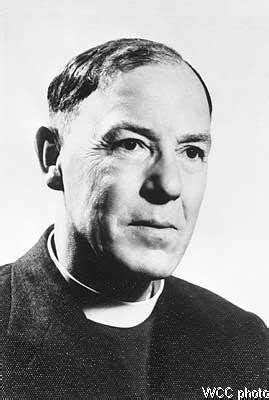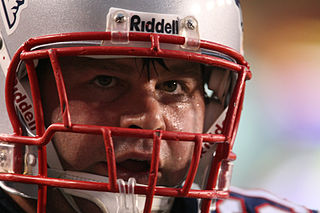A Quote by Bill Bowerman
A teacher is never too smart to learn from his pupils.
Related Quotes
A game master or teacher who was primarily concerned with being close enough to the "innermost meaning" would be a very bad teacher. To be candid, I myself, for example, have never in my life said a word to my pupils about the "meaning" of music; if there is one it does not need my explanations. On the other hand I have always made a great point of having my pupils count their eighths and sixteenths nicely. Whatever you become, teacher, scholar, or musician, have respect for the "meaning" but do not imagine that it can be taught.
The man who is an initiate of one of the great Mystery Schools never fears to let his pupils outdistance him, because he knows that it stands him in good stead with his superiors if he is constantly sending up to them aspirants who 'make good.' He therefore never tries to hold back a promising pupil, because he has no need to fear that pupil, if allowed to penetrate into the Mysteries, would spy out the nakedness of the land; he will rather bring back a report of its exceeding richness, and thereby confirm the statements of his teacher and spur his fellow pupils to yet greater eagerness.
Liebig was not a teacher in the ordinary sense of the word. Scientifically productive himself in an unusual degree, and rich in chemical ideas, he imparted the latter to his advanced pupils, to be put by them to experimental proof; he thus brought his pupils gradually to think for themselves, besides showing and explaining to them the methods by which chemical problems might be solved experimentally.
A teacher who can show good, or indeed astounding results while he is teaching, is still not on that account a good teacher, for it may be that, while his pupils are under his immediate influence, he raises them to a level which is not natural to them, without developing their own capacities for work at this level, so that they immediately decline again once the teacher leaves the schoolroom.
Passive acceptance of the teacher's wisdom is easy to most boys and girls. It involves no effort of independent thought, and seems rational because the teacher knows more than his pupils; it is moreover the way to win the favour of the teacher unless he is a very exceptional man. Yet the habit of passive acceptance is a disastrous one in later life. It causes man to seek and to accept a leader, and to accept as a leader whoever is established in that position.



































